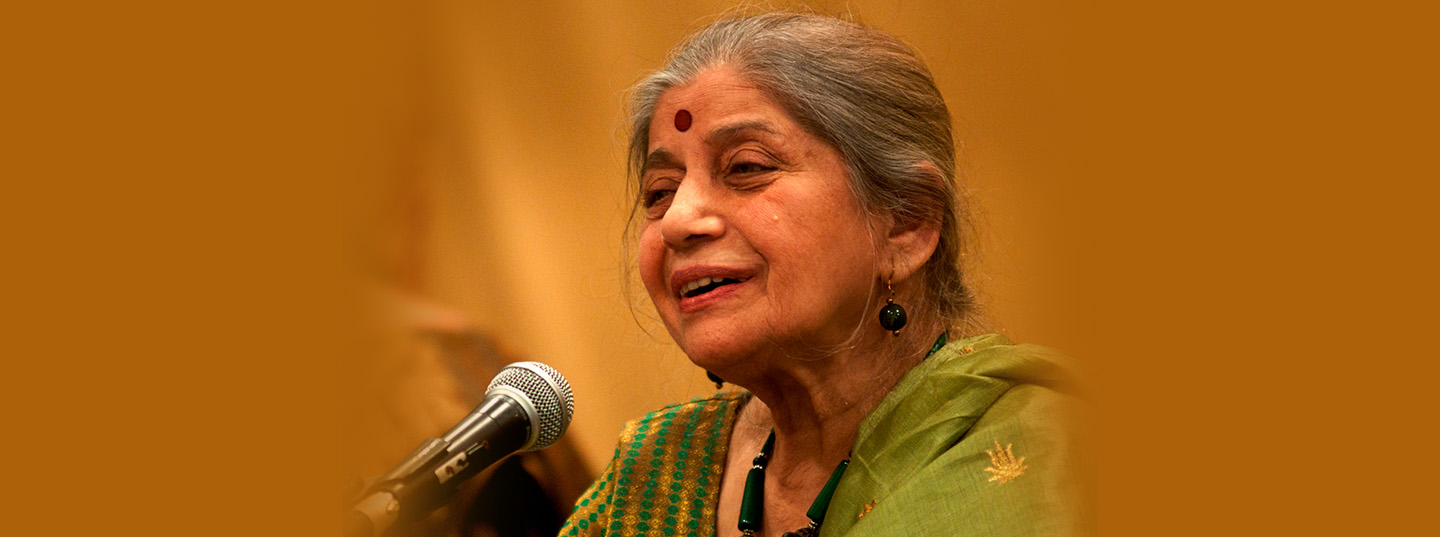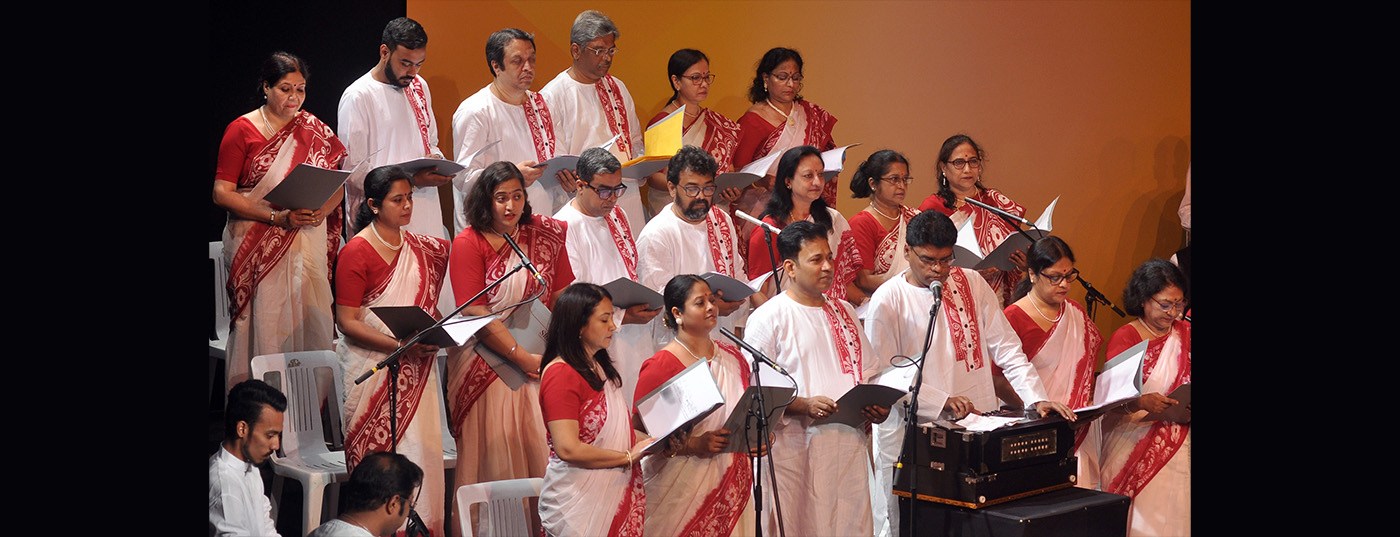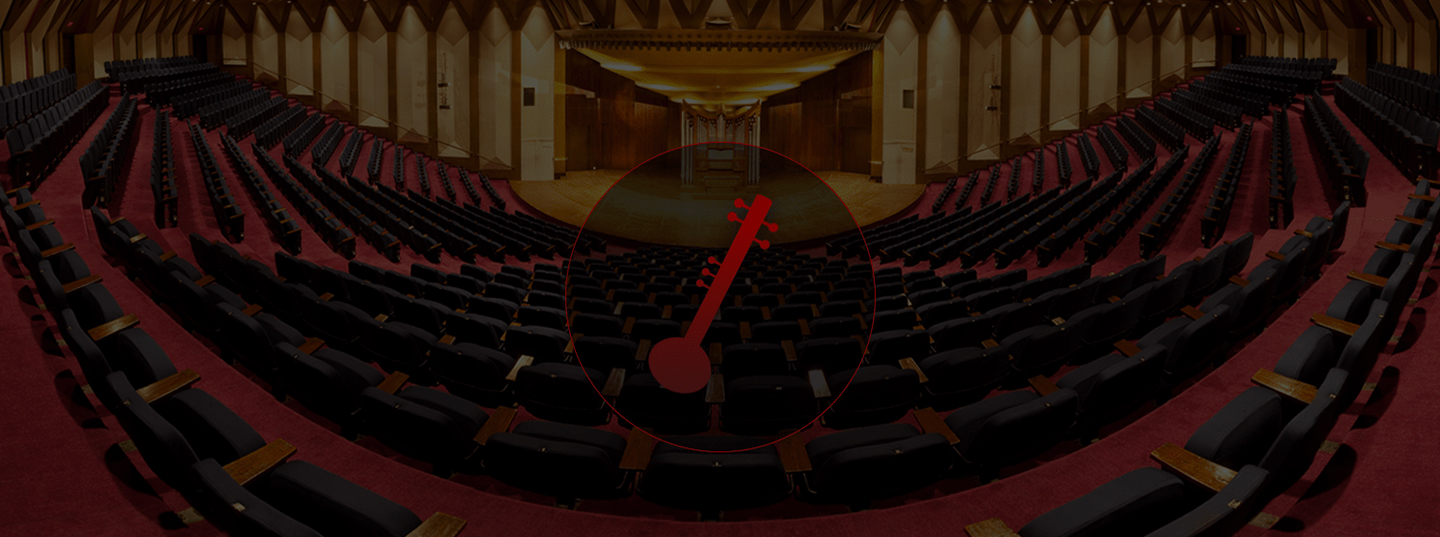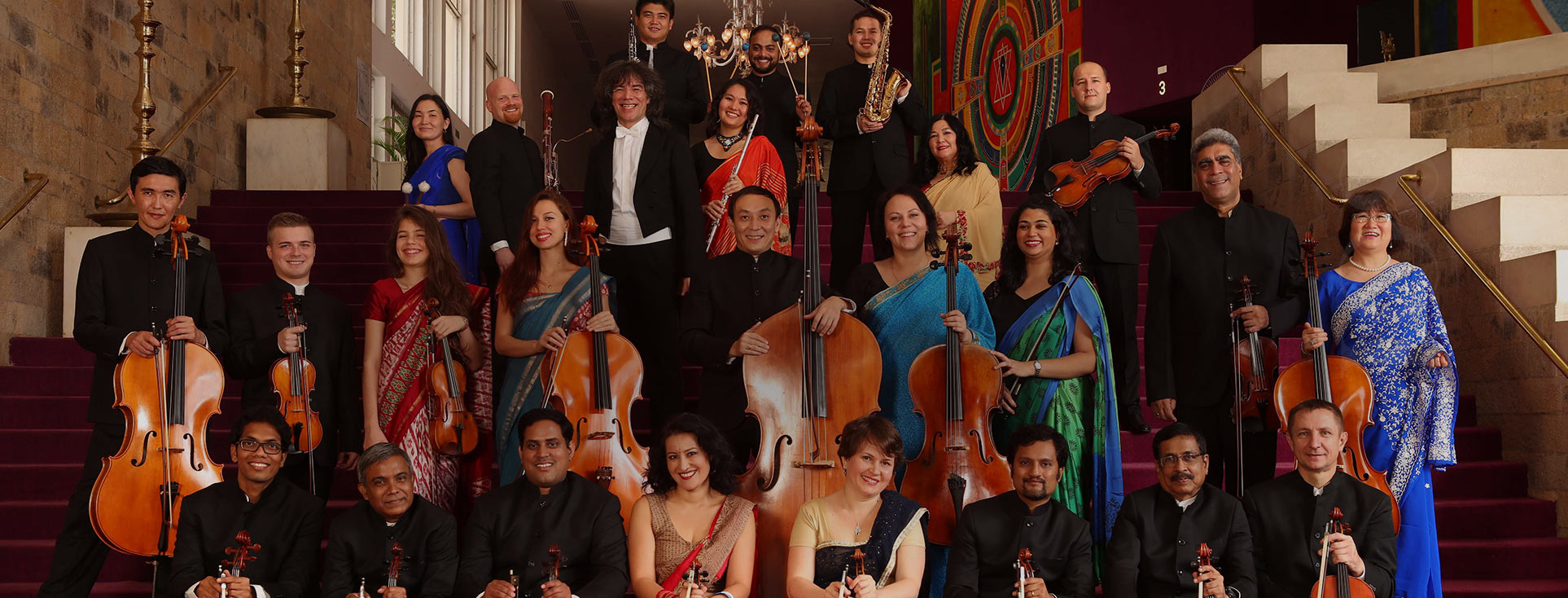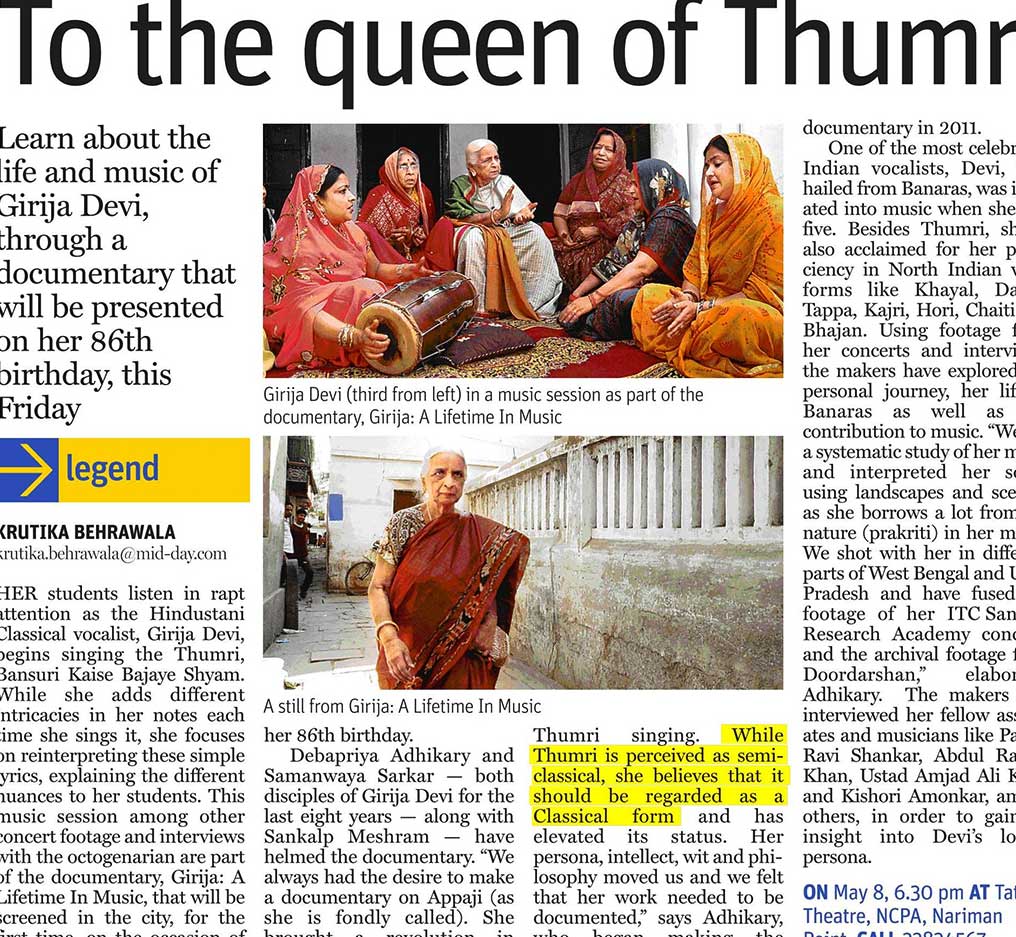-
Date Time
17 June 2023 | 11:30 am
-
Age Limit
6+ -
Duration
60 mins followed by Q&A session
Event Details
A free online workshop on Zoom by Neela Bhagwat
The musical form of tappa is believed to have evolved from the folk music of Punjab. It is believed that proponents of khayal, which is a popular form of art (classical) music, developed it, lending an element of sophistication. No wonder, tappa is often included in the repertoire of khayal singers. Ghulam Nabi, also known as ‘Shori Miyan’, a musician in the court of Nawab of Awadh, is accredited as the prominent composer of this form. In Bengal too, the form was patronised, albeit with a local flavour. Today, practiced mainly by vocalists of Gwalior and Banaras gharanas, the lyrics of tappa are based on the theme of love. Melodically, it has an unusual form featuring rapid but short complex tans and ornamentations like khatka, murki etc., executed with sudden and abrupt jumps. The talas used are also peculiar and uncommon: Sitarkhani, Punjabi, Pashto etc.
Neela Bhagwat has trained in dance as well as music, especially in the Gwalior style with stalwarts like Sharatchandra Arolkar and Jal Balaporia. She is also an academician with a sound background in Sanskrit, Marathi and sociology.
In this presentation, she will briefly trace the history of tappa and its foray into the classical music arena, with examples of some extant varieties. The exposition will highlight characteristics of composition and exploration of tappa as practiced in the Gwalior tradition today, with suitable examples couched in different ragas.
Registration starts on 17th May 2023
For more information, please write to indianmusicworkshops@ncpamumbai.com
